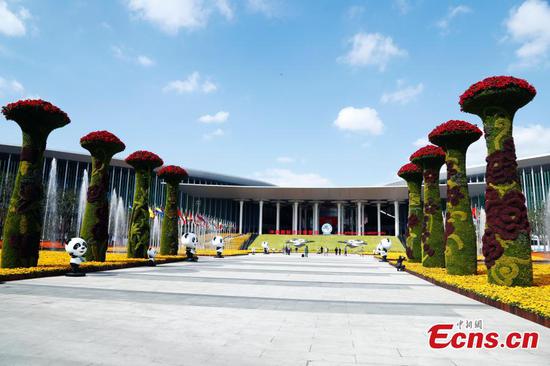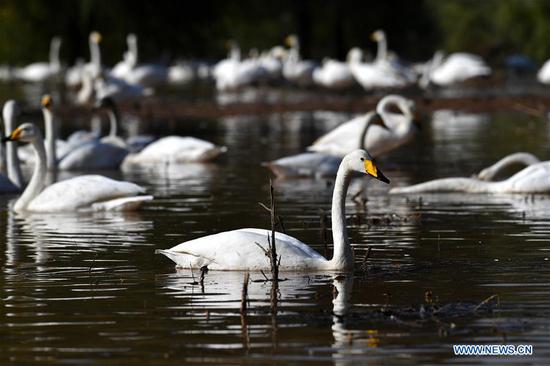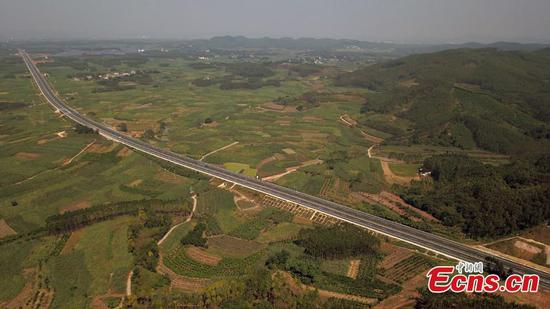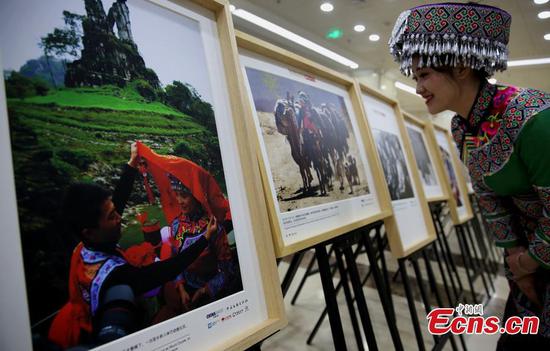An interdisciplinary group led by Yale researchers called for global governance on gene editing to assure a neutral and informed evaluation of its potential benefits and risk on the environment.
The complex nature of gene-editing technologies requires a decision-making process on a case-by-case basis, careful and judicious review, according to the study published on Thursday in the journal Science.
Now, the Burkina Faso government looks set to the use of genetically modified mosquitoes to eradicate malaria. Some Massachusetts officials are considering gene editing as a tool in the fight against Lyme disease. Also, the technology is used to adapt coral to changing ocean conditions from Caribbean to the Great Barrier Reef.
However, there are concerns about its potential unintended consequences of releasing gene-edited organisms into the environment and little is known about its potential side effects, such as unwanted mutations and new evolutionary resistance.
"In places like Burkina Faso, for instance, it is being touted as a silver bullet to get rid of malaria. But these technologies also have the potential to forever change the genetic makeup of species, or even drive certain species to extinction," said Natalie Kofler, an associate research scientist at the Yale School of Forestry and Environmental Studies and lead author of the paper. "Lack of global governance puts our planet at risk."
The authors proposed to create a coordinating global body with the power to convene communities, developers, governmental organizations, and NGOs to assure careful and inclusive deliberation over all proposals.
The new body would provide neutral oversight over decision-making and integrate diverse expertise and perspectives, including participants from impacted local communities, according to them.
"Confronting this challenge goes beyond just the inclusion of empirical, scientific data, to also bring in value systems, ethics, and relationships with nature, relationships with technology, and historically marginalized voices to make a fully informed decision," said Kofler.
They admitted that gene-editing strategies could mitigate very real public health threats in parts of Africa.
"The burden of those infectious diseases such as malaria or the Zika virus is a heavy one for communities to bear," said James Collins, professor from Arizona State University and co-author of the paper.
"It's a consideration that really has to be taken into account as individuals think about whether these technologies should be developed and then released into the environment," said Collins.
But people should "do it in a way that is cautious, judicious, and transparent," said Collins. Enditem


















































